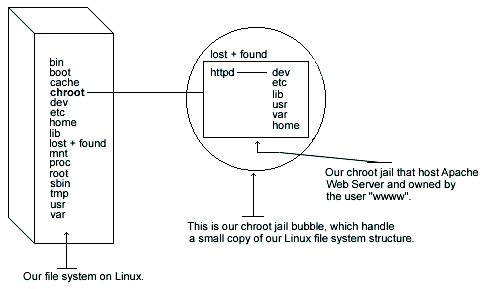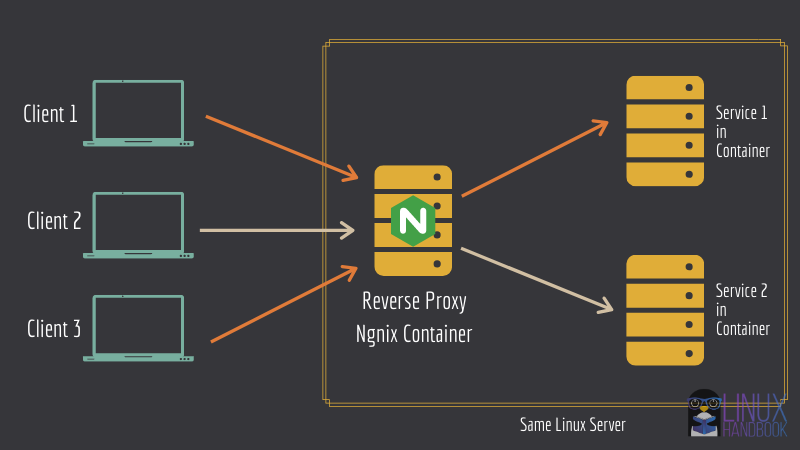
A proxy server refers to a computer network that routes requests and returns the response. An IP address is the unique identification of a device within a network. Without this address computers cannot communicate with each others. An IP address contains additional information about the user.
Proxy servers are a type of web firewall
Proxy servers are a type or web firewall that redirects traffic to secure an organization's network. It can either block access to the company's network from outsiders or make requests to an external network. Proxy servers are a powerful tool that can help protect networks from hackers and viruses. These systems can also be used for filtering content within an organization.
These systems require more computing power than packet-filtering firewalls. They offer greater security and provide detailed control over which applications are accessed.

They save content
Proxy servers cache content for a variety of reasons. One of the most important reasons is to improve the speed of web pages. The aforementioned benefits are just a small sample of the benefits offered by proxy servers. Proxy servers will cache objects that have a higher TTL than average and will also cache them during peak hours. It is possible to serve the cached object to multiple users at once without needing to redownload it from its original source.
Clients can retrieve the data in the cache of a proxy server when they request pages. The client receives the cached data much quicker than the request to the destination server. Additionally, since the proxy server stores the data locally, it consumes less bandwidth than the destination.
They can translate website content into the local language of the client
The use of a proxy server to translate website content into the language of the client is a good way to localize your website in different languages. These servers are placed between the client's website and the source site and redirect traffic to the destination address. The translated content is stored in translation memory and either machine or human translation takes place in real time. The translated content is sent to the second server and it recreates the structure of site in its native language.
The process of translating websites can be greatly simplified by using a website proxy. It can be used to reduce the cost of hiring a localization specialist. This allows translators and editors to focus more on the content than the site's layout. It reduces bottlenecks while allowing linguists to manage the process. A proxy does not require multilingual CMS use, so development costs are lower.

They can help improve network performance
A proxy server can be used to improve network performance and cache web pages and URLs. Caching saves bandwidth by minimizing the time it takes to fetch a site from the original server. Caching makes web browsing more efficient by reducing the number of requests to other servers.
As the number of users on the internet and websites increases, so does the traffic volume on networks. This can lead to overloading proxy servers in some cases. This can cause data packet loss and slow down the internet's speed. Using a proxy helps reduce the impact of this overload.
FAQ
What technical skills do I need to design and construct my site?
No. You just need to be familiar with HTML and CSS. You can easily find tutorials online that teach both HTML and CSS.
What is a "static website"?
A static website is a site where all content are stored on a server, and visitors can access it via web browsers.
The term "static", as it is sometimes called, refers not to dynamic features such changing images, videos, animations, etc.
This type of site was originally developed for use in corporate intranets but has since been adopted by individuals and small businesses who want simple websites without the complexity of custom programming.
Because they are easier to maintain, static sites have been growing in popularity. Static sites are easier to maintain and update than fully-featured websites with multiple components (such as blogs).
They also tend to load faster than their dynamic counterparts. This makes them ideal for users on mobile devices or those with slow Internet connections.
Also, static websites are more secure that dynamic counterparts. You can't hack into a static site. Hackers only have access the data in a database.
There are two main methods to create static websites:
-
Using a Content Management System.
-
Create a static HTML website
Which one you choose depends on your requirements. I recommend a CMS if you're just starting to create websites.
Why? Because it allows you to have full control over your website. With a CMS, you don't need to hire someone to help you set up your site. Upload files to the website server.
You can still learn code and create static sites. You'll have to invest time learning how programming works.
What should I include?
These should all be included in your portfolio.
-
Exemplaires of previous work
-
Links to your website (if applicable).
-
These are links to your blog.
-
Here are some links to social media pages.
-
Links to online portfolios of other designers.
-
Any awards that you have received.
-
References.
-
Take samples of your work.
-
These links show how to communicate with clients.
-
You are willing to learn new technologies.
-
Here are some links to show you are flexible.
-
These links show your personality.
-
Videos showing your skills.
How much does it cost for a website to be built?
The answer depends on what you are trying to achieve with your website. Google Sites may not be required if you simply want to provide information about yourself or your company.
If you want to attract more visitors to your website, however, you will need to pay for something stronger.
The most popular solution is to use a Content Management System (like WordPress). These programs allow you to create a website without knowing anything about programming. And because third-party companies host these sites, you won't need to worry about getting hacked.
Another way to build a website is to use a service called Squarespace. The plans range from $5 per month up to $100 per month depending on what content you want to put on your site.
Should I hire a web designer or do it myself?
If you want to save cash, don't pay for web designer services. Hiring someone else to make your website is a good option if you're looking for quality results.
You can build websites yourself without paying for professional designers.
If you're willing, you can learn how you can make a site that is beautiful using free tools like Dreamweaver.
You might also consider outsourcing your project to an experienced freelance web developer who charges by the hour instead of per-project.
Statistics
- It's estimated that chatbots could reduce this by 30%. Gone are the days when chatbots were mere gimmicks – now, they're becoming ever more essential to customer-facing services. (websitebuilderexpert.com)
- When choosing your website color scheme, a general rule is to limit yourself to three shades: one primary color (60% of the mix), one secondary color (30%), and one accent color (10%). (wix.com)
- It enables you to sell your music directly on your website and keep 100% of the profits. (wix.com)
- At this point, it's important to note that just because a web trend is current, it doesn't mean it's necessarily right for you.48% of people cite design as the most important factor of a website, (websitebuilderexpert.com)
- It's estimated that in 2022, over 2.14 billion people will purchase goods and services online. (wix.com)
External Links
How To
What is website hosting?
Website hosting is the place where visitors go to visit a website. There are 2 types.
-
Shared hosting – This is the most affordable option. Your website files reside in a server managed by another company. Customers visiting your website send their queries over the Internet, to that server. The server owner then forwards the request to you.
-
Dedicated hosting - This is the most expensive option. Your website is located on only one server. Your traffic is private because no other websites have shared space on this server.
Shared hosting is preferred by most businesses because it's cheaper than dedicated hosting. With shared hosting, the company that owns the server provides the resources needed to run your website.
There are pros and disadvantages to each option. These are some of the major differences between them.
Shared Hosting Pros
-
Lower Cost
-
Easy to Set Up
-
Frequent Updates
-
It can Be Found On Many Web Hosting Companies
Shared hosting is often as cheap as $10 per month. However, this price typically includes bandwidth. Bandwidth refers the data that you can transfer over the Internet. Even if you are only uploading photos to your blog site, high data transfer rates can still cost you extra.
Once you begin, you will soon see why you spent so much on your previous host. The majority of shared hosts offer limited customer support. While they may occasionally assist you in setting up your site and other tasks, after that you are all on your own.
It is important to find a provider that provides 24-hour support. They will assist you with any problems that may arise while you're sleeping.
Dedicated Hosting Cons:
-
More Expensive
-
Less common
-
Requires Special Skills
With dedicated hosting, all you need to maintain your website are provided. You won’t need to worry whether you have enough bandwidth or enough RAM (random address memory).
This means you'll have to spend more upfront. Once you get started with your online business, you will find that you don't require much technical support. You'll quickly become an expert at managing your server.
Which is better for my business?
This depends on the kind of website that you want. If you are selling products, shared hosting may be the best option. It is easy to set-up and manage. And since you're sharing a server with many other sites, you'll likely receive frequent updates.
If you want to create a community around a brand, dedicated hosting may be the best choice. It allows you to focus on building your brand and not worrying about managing your traffic.
Bluehost.com has both. They offer unlimited monthly data transfers and 24/7 support. You can also register domain names for free.